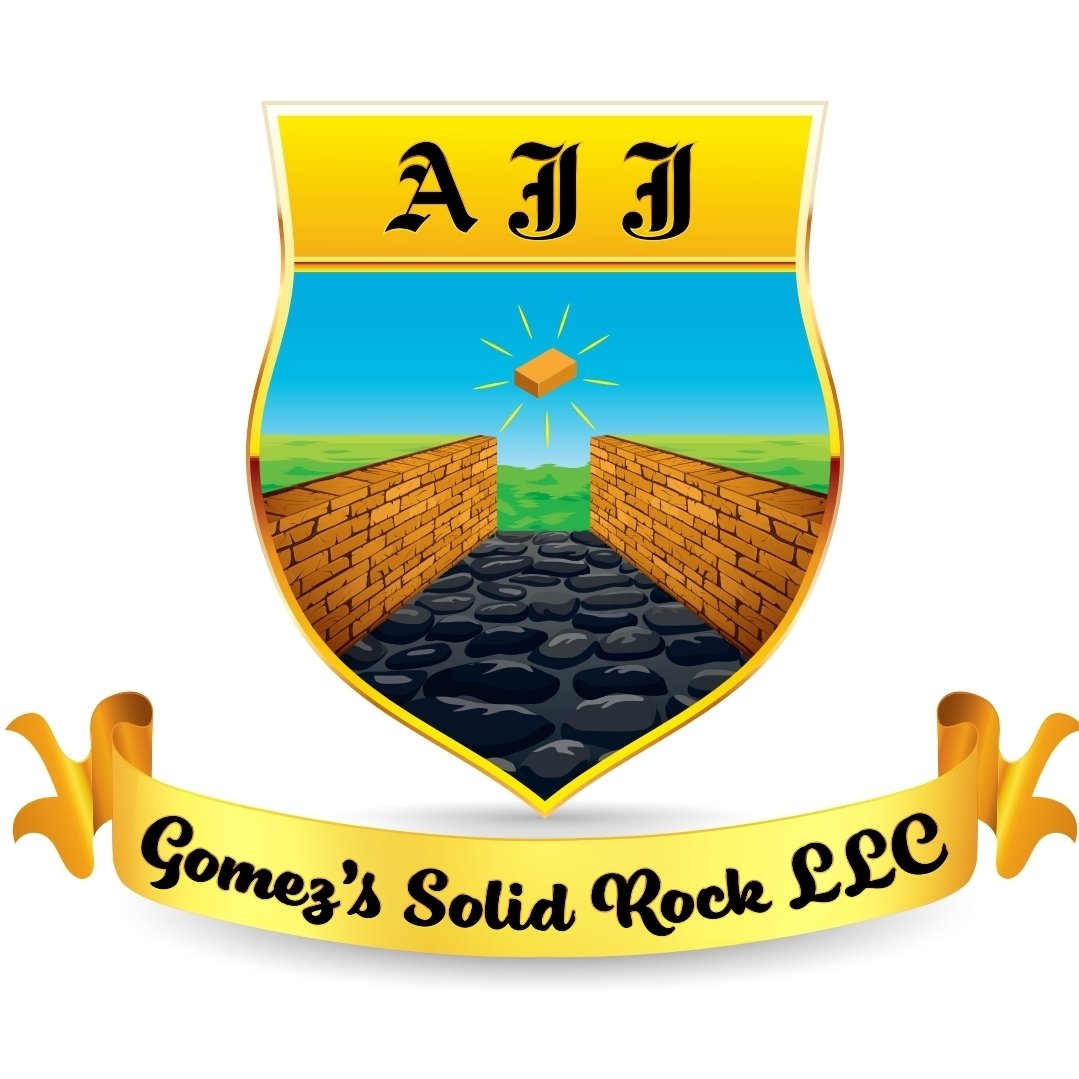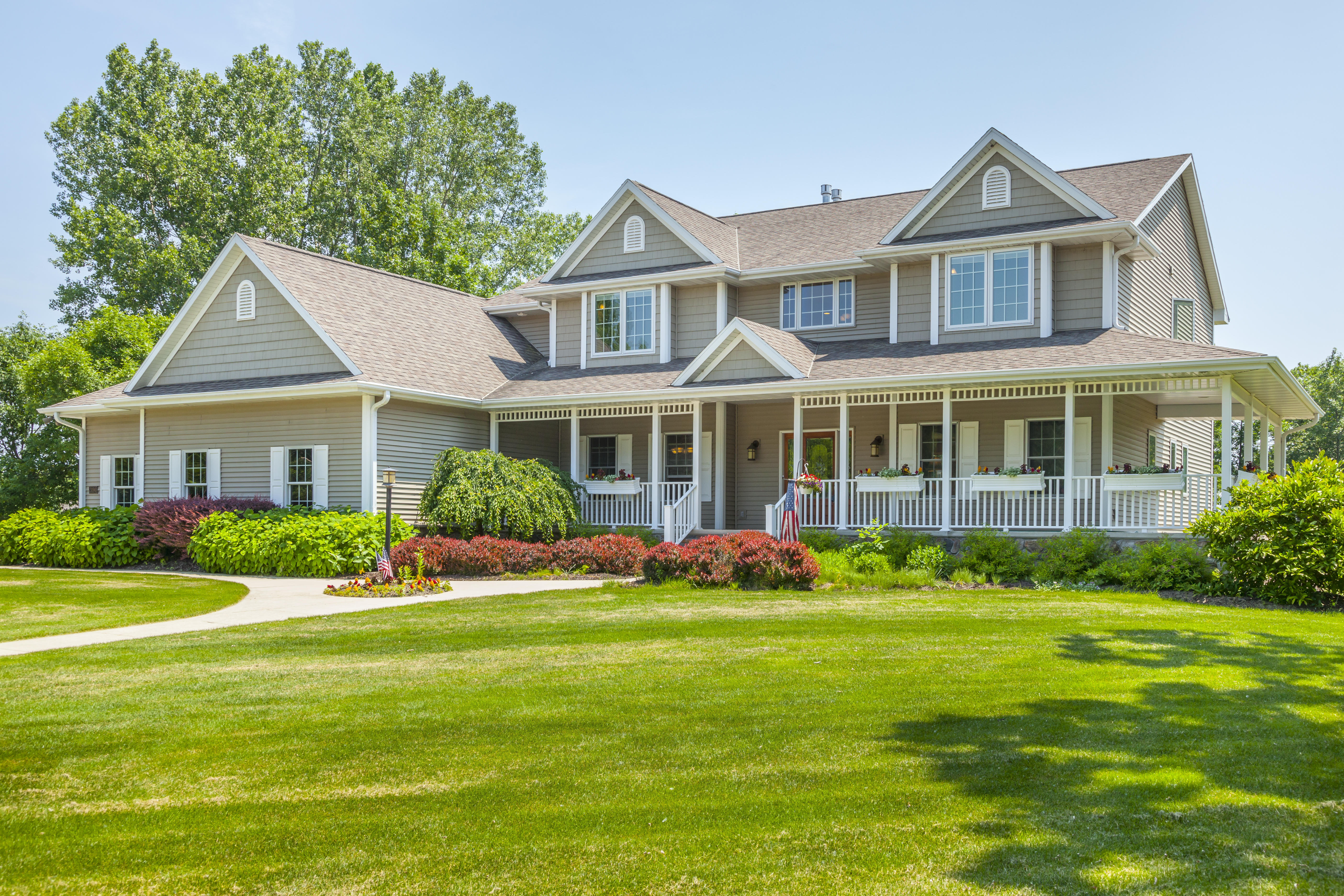
Get matched with top gas log pros in Buffalo Lake, MN
Enter your ZIP and get matched with up to 5 pros
Need a pro for your gas log service project in Buffalo Lake, MN?
Find Gas log pros in Buffalo Lake

AJJ Gomez Solid Rock LLC
AJJ Gomez Solid Rock LLC
AJJ Gomez Solid Rock, we dedicate to create outdoor living spaces, water features, & lawn maintance. We have 10 years of experience, and we are owner-operated.
"It went well. It was wonderful to see a family work together like that father and two sons they got along with. They got the job done. I wanted to pitch in and help myself sometimes just because it's something I used to do. I had to force myself to stand back and just let them do their work. I would absolutely hire them again. It was a pleasure to have them out here. I even cooked them a barbecue one day. It was awesome."
Cliff T on September 2025
AJJ Gomez Solid Rock, we dedicate to create outdoor living spaces, water features, & lawn maintance. We have 10 years of experience, and we are owner-operated.
"It went well. It was wonderful to see a family work together like that father and two sons they got along with. They got the job done. I wanted to pitch in and help myself sometimes just because it's something I used to do. I had to force myself to stand back and just let them do their work. I would absolutely hire them again. It was a pleasure to have them out here. I even cooked them a barbecue one day. It was awesome."
Cliff T on September 2025
The homeowners guide to home care is here
From average costs to expert advice, get all the answers you need to get your job done.

Making updates to your home? You may need to move your gas line to fuel new appliances or meet code regulations. We’ll cover the cost of moving a gas line, plus project tips.

Here's a look at how much you can expect to pay to replumb your mobile home with new pipes that meet all local code requirements and environmental regulations.

Whether you’re changing your home’s floor plan in a remodel or just replacing old, worn-out plumbing, this guide will help you estimate the cost of repiping a house.

Is installing a pot filler over the stove worth the cost? We have everything you need to know, including pros, cons, costs, and answers to your common questions.

Linear shower drains offer several stylistic options for your bathroom, but they can come at a cost. Keep reading to learn about linear shower drain pros and cons.

If you need trenchless sewer repairs, you’ve no doubt asked yourself, “What is pipe bursting?” This guide answers that question and so much more.
- Brownton, MN Gas log pros
- Gibbon, MN Gas log pros
- Hutchinson, MN Gas log pros
- Winthrop, MN Gas log pros
- Glencoe, MN Gas log pros
- Gaylord, MN Gas log pros
- Silver Lake, MN Gas log pros
- Arlington, MN Gas log pros
- Dassel, MN Gas log pros
- Lester Prairie, MN Gas log pros
- Cokato, MN Gas log pros
- Winsted, MN Gas log pros
- New Germany, MN Gas log pros
- Norwood Young America, MN Gas log pros